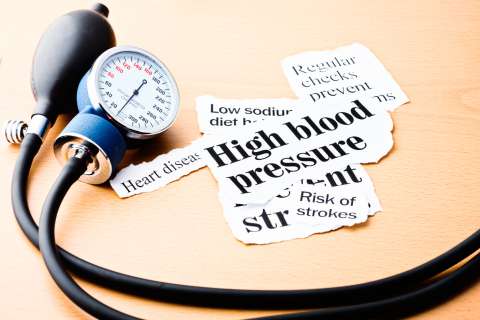Potassium is an unsung hero when it comes to essential minerals. It doesn’t get the same hype as calcium and iron, but it’s just as critical to bodily functions.
Your body doesn’t produce potassium. Like essential nutrients and amino acids, you need to get it from an outside source. Fortunately, it’s found in a variety of foods — mostly plant-based.
Experts estimate that most American adults don’t get enough potassium each day. But once you understand why you need it, you may be motivated to add more to your daily diet.
What does potassium do for the body?
Potassium is an electrolyte — a mineral that carries an electric charge. That electric charge allows potassium to perform many jobs, including:
- Balancing fluid in the body, specifically making sure there is enough fluid inside your cells
- Helping muscles contract, including your heart muscle
- Protecting bone health as potassium reduces the amount of calcium lost when you urinate
- Preserving kidney function by helping prevent kidney stones
- Regulating the nervous system (the body’s communication network) by playing a vital role in the creation of nerve impulses
- Supporting heart health by helping regulate your heartbeat and lowering blood pressure (especially if you eat a high-sodium diet)
How much potassium do you need daily?
There is no established recommended daily allowance (RDA) for potassium. But the National Institutes of Health (NIH) recommends minimum amounts of daily potassium for adults:
- People 19 and older assigned male at birth (AMAB): 3,400 milligrams (mg)
- People 19 and older assigned female at birth (AFAB): 2,600 mg
- Pregnant people: 2,900 mg
- Breastfeeding people: 2,800 mg
It’s also important not to get too much potassium. Your kidneys play an important role in how much potassium your body maintains. In people with normal kidney function, excess potassium leaves the body when you urinate. But chronic kidney disease and some other health conditions can cause you to have too much or too little potassium — which can cause discomfort and potentially be life-threatening.
Too much potassium (hyperkalemia)
Abnormally high levels of potassium in the blood (hyperkalemia) can happen in people with chronic kidney disease. It can also develop in people taking certain medications and supplements, including:
- Angiotensin converting enzyme (ACE) inhibitors and angiotensin receptor blockers, which are used to manage blood pressure, heart disease and kidney disease
- Potassium-sparing diuretics, which physicians prescribe to treat high blood pressure and congestive heart failure
Signs that there is too much potassium in your body include:
- Abnormal heart rhythm (arrhythmia)
- Fatigue
- Nausea
Too little potassium (hypokalemia)
Your body’s potassium levels may get too low (hypokalemia) if you don’t eat a balanced diet or get dehydrated because of excessive vomiting, diarrhea or sweating. When that happens, you may have symptoms including:
- Arrhythmia
- Constipation
- Fatigue and weakness
- Muscle cramping
Some people struggle to get enough potassium because of chronic health conditions such as inflammatory bowel disease. Others may lose potassium because they take laxatives or diuretics.
How to get more potassium
Every healthy person should be able to get the potassium they need through their diet. But that diet must include whole foods instead of processed foods, which don’t contain much potassium.
Foods high in potassium include:
- Beans, especially white, soy and lima beans
- Dried fruit, including peaches, apricots and raisins
- Fruits, such as bananas, avocados, citrus fruits and vine-ripened fruit (grapes and blackberries)
- Leafy greens, particularly beet greens, spinach and Swiss chard
- Nonfat dairy, especially plain yogurt and skim milk
- Seafood, specifically cooked wild salmon, halibut and yellowfin tuna
- Vegetables, including squash, carrots, and baked white or sweet potatoes (with the skin on)
Potassium is also available in supplement form. It’s included in some multivitamins or as a potassium-only supplement. It’s often listed as potassium chloride. But limit your supplemental potassium to 99 mg (about 2% of the daily recommended value) — the FDA has concerns about oral drug products containing more than that amount of potassium chloride. Always consult your primary care physician before taking any supplements.



